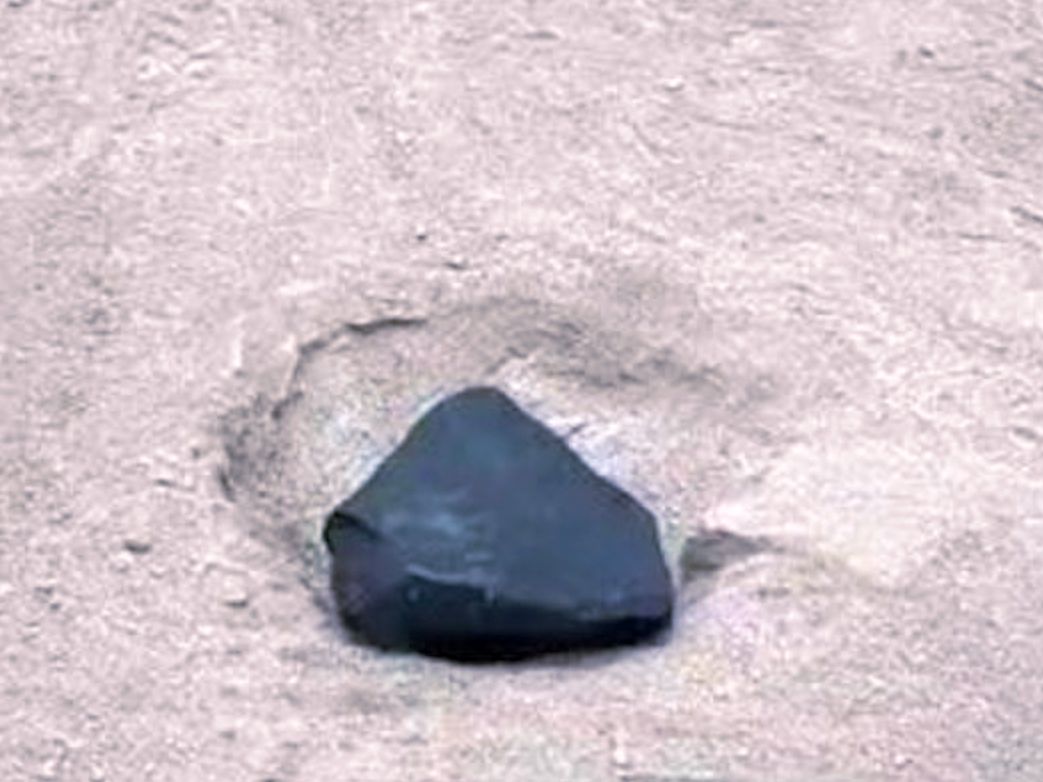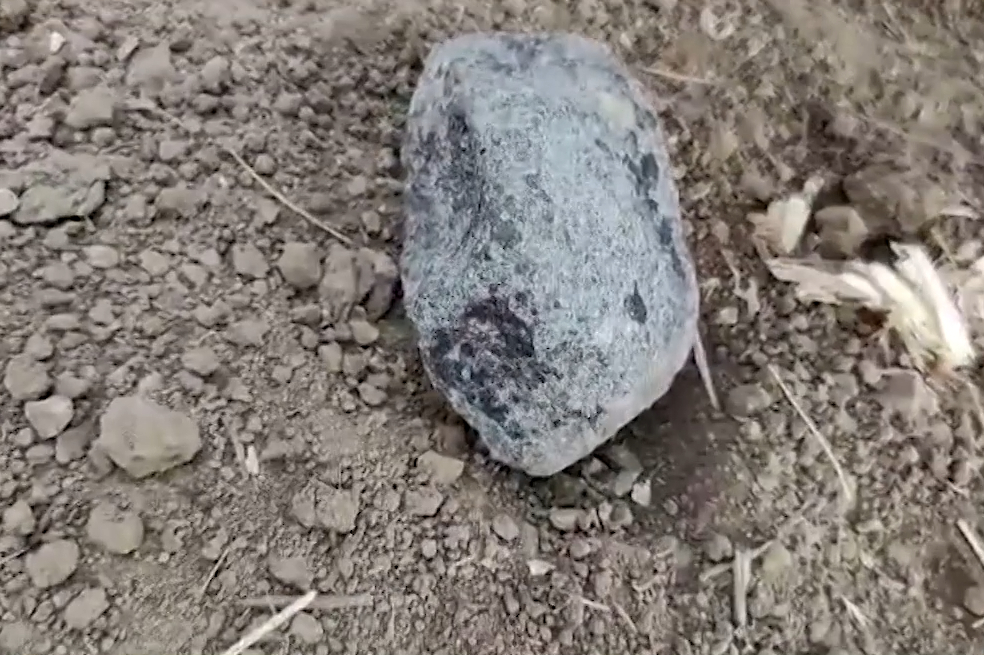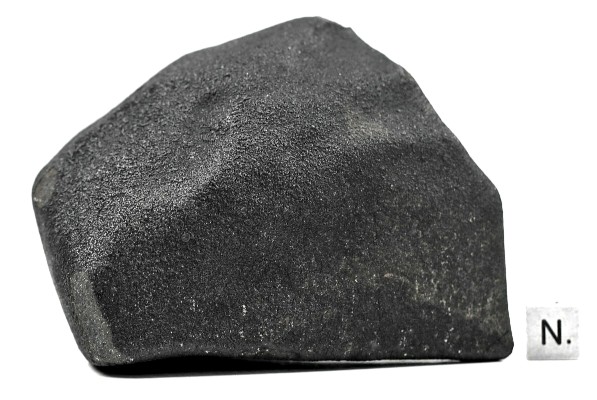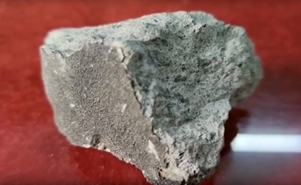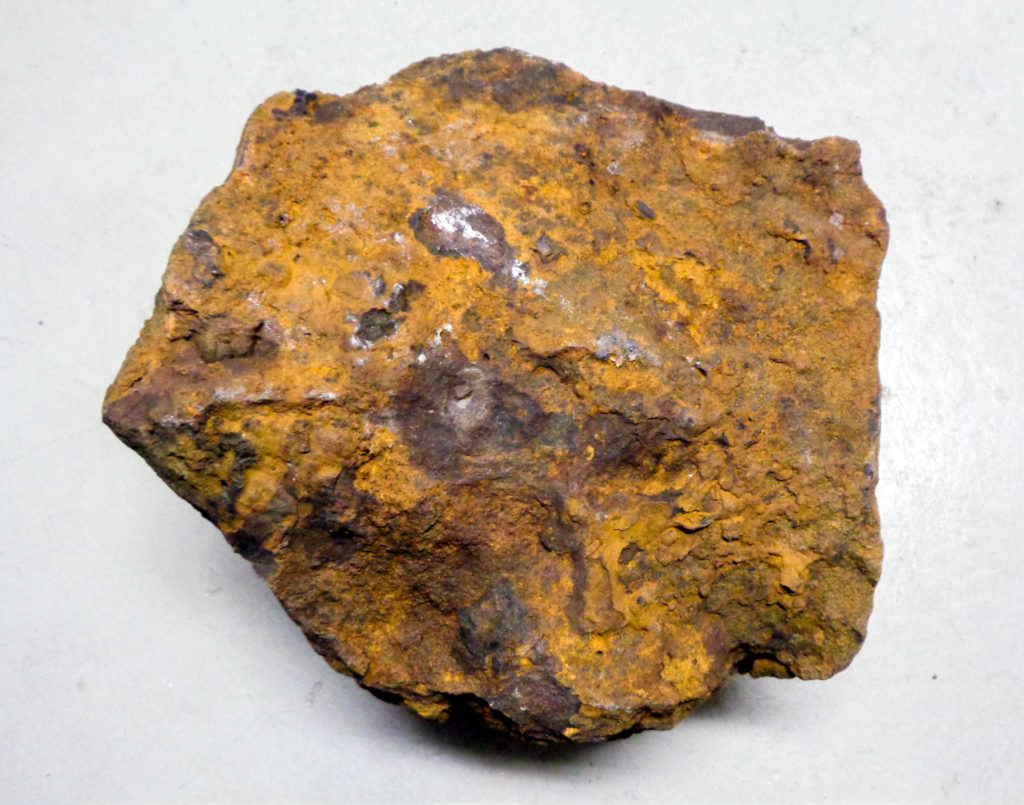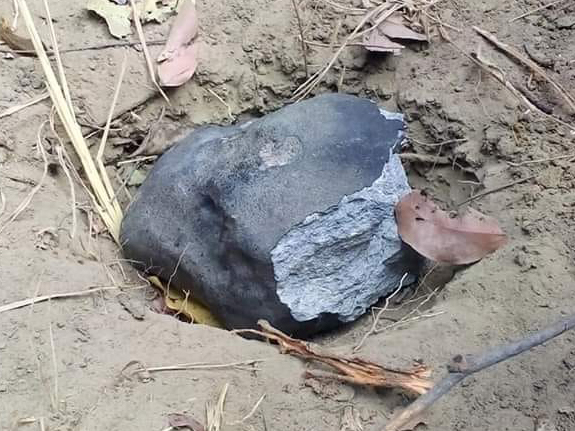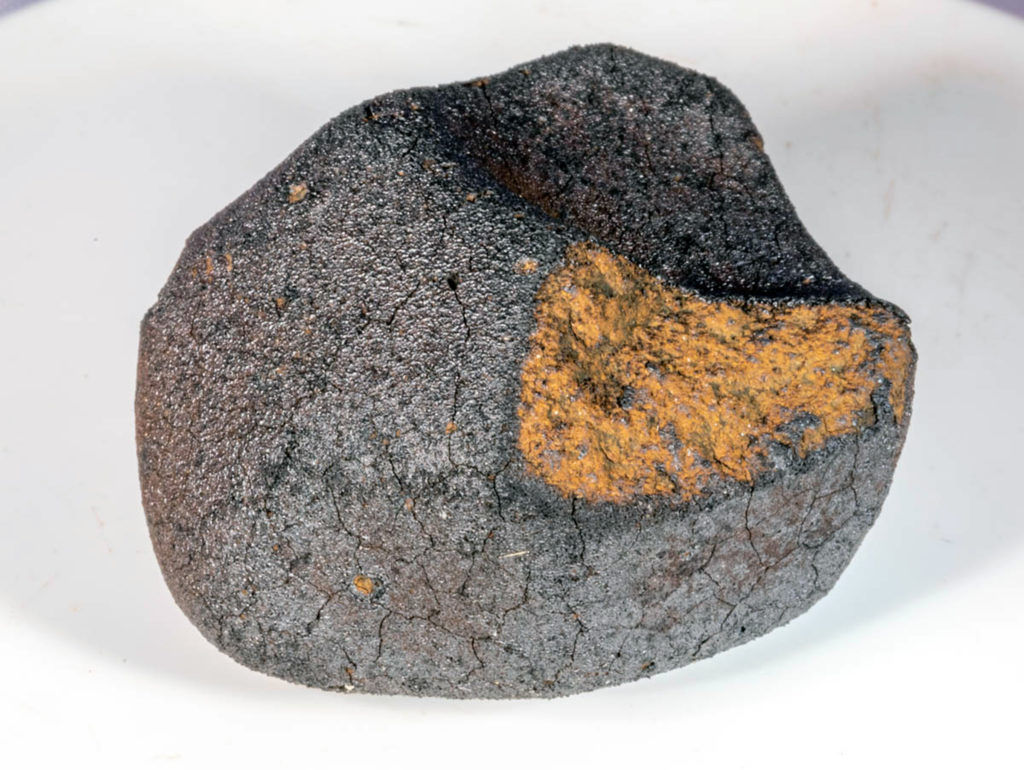Site-specific D-H exchange of amino acids under asteroidal hydrothermal conditions
Yuanyuan He, Flavio Siro Brigiano, Michel Sablier, Nadezda Khodorova, David Boulesteix, Arnaud. Buch, Peter Reinhardt, Sylvain Bernard, Laurent Remusat
Geochimica et Cosmochimica Acta
Available online 19 March 2025
“Amino acids detected in carbonaceous chondrites are commonly enriched in heavy isotopes of hydrogen compared to terrestrial counterparts. This is interpreted as the consequence of synthesis processes happening in cold extraterrestrial environments. However, the magnitude of this enrichment is variable among classes of chondrites and among individual amino acid in a given chondrite. In this study, we investigated the evolution of the D/H isotope ratio of amino acids experimentally exposed to pure D2O at 150 °C. We observed that not all the hydrogen-specific sites are prone to deuterium-hydrogen exchange under hydrothermal conditions. Ab-initio modeling pinpoints the higher acidity of the carbon in α position (Cα) leading to a site-specific preferential D-H exchange, affecting the hydrogen atoms bonded to Cα (α-H). This explains the low exchange rate of 2-aminoisobutyric acid and isovaline, these branched amino acids lacking α-H, and the rather high exchange rate of glycine, a-alanine and β-alanine, their α-H exchanging faster. By extrapolating these results, it can be assumed that chondritic amino acids lacking α-H and containing only primary hydrogen (i.e., –CH3 group) have better retained their pre-accretional D/H values despite hydrothermal alteration on the parent body.”

